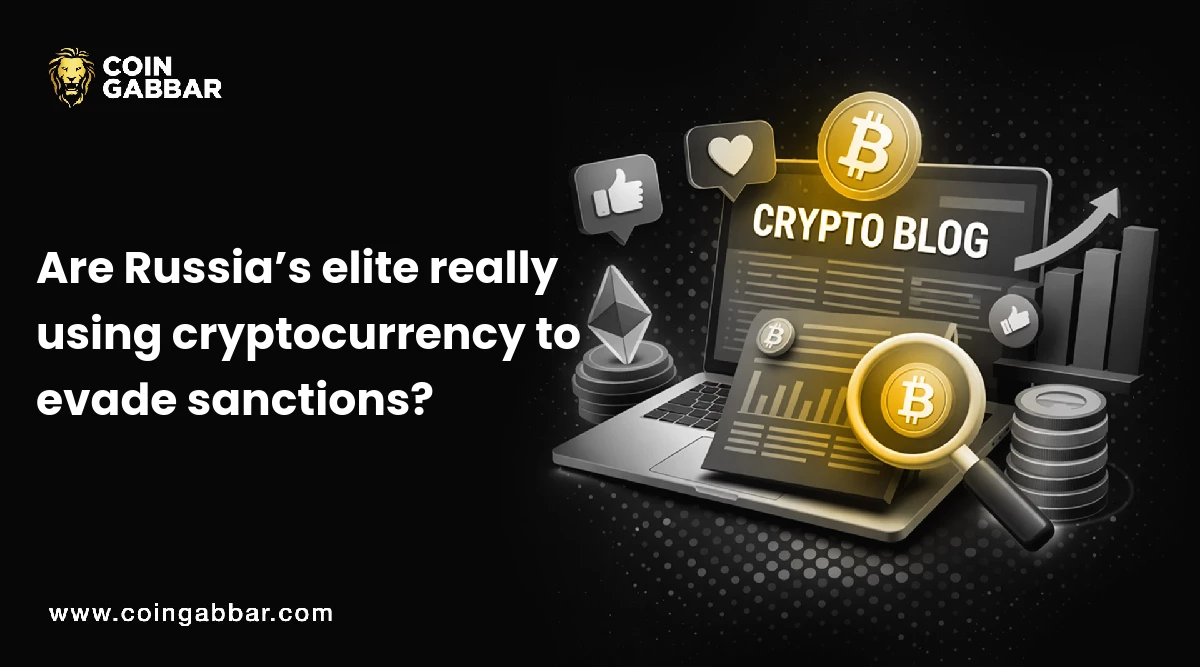
Fearing Russia’s elite will evade economic sanctions by converting their wealth to cryptocurrency, high-profile US Democratic senator Elizabeth Warren has introduced a bill into US Congress to stymie Russian crypto transactions.
So no one can argue that Russia can evade all sanctions by moving all its assets into crypto. But for Putin’s oligarchs who are trying to hide, you know, a billion or two of their wealth, crypto looks like a pretty good option.
The bill does not seek to impose a blanket ban on all Russian cryptocurrency transactions.
But it would give the US government the authority to ban US companies from processing cryptocurrency transactions connected to sanctioned Russian accounts, and to apply secondary sanctions to foreign cryptocurrency exchanges doing business with sanctioned Russian individuals, companies or government agencies.
Even though the evidence shows that Russian cryptocurrency transactions have been increasing in both number and value in the past month, the scale suggests buyers are ordinary Russians seeking to hold on to their savings as the value of the ruble crashes.
The economic sanctions imposed on Russia for invading Ukraine are naturally hurting the entire Russian economy. Their intended target, though, is to hit Putin and the billionaire oligarchs who support his rule where it hurts most.
A cornerstone of this strategy is stopping these individuals from using or moving their wealth around by freezing the assets they hold overseas and blocking financial transactions.
But the continued operation of cryptocurrency exchanges in Russia, such as Binance, Yobit and Local Bitcoins, has been worrying US officials for some time. Even before Russia’s latest invasion of Ukraine, the US Treasury Department warned cryptocurrencies could undermine the sanctions already imposed on Russia over its 2014 annexation of Crimea.
It is also important to consider the number of accounts and size of average transactions.
According to Glassnode, another cryptocurrency data service, the number of Russian Bitcoin accounts has increased from 39.9 million to 40.7 million since the February invasion. (The Russian population is about 144 million.)
The evidence therefore points to most of the uptick in Russian cryptocurrency trading being dominated by small-time investors.
It is possible that Putin and his accolades could be using hundreds or thousands of accounts to perform many small-scale transactions to move their fortunes around.
There is little argument against the strategy of using economic sanctions to combat repressive regimes. Other than direct military intervention, there are few other meaningful weapons available. But a detailed analysis of any proposed sanction beforehand is needed so as to not overestimate its likely effectiveness.

Pankaj Gupta is an accomplished Hindi Blog Writer and Chartered Accountant associated with Coin Gabbar, where he specializes in creating educational and impactful content on cryptocurrency, blockchain, and finance. His strong financial background and analytical mindset help bridge the gap between traditional finance and the evolving digital asset industry. Pankaj’s work reflects a commitment to simplifying complex ideas and delivering practical insights to readers. Outside of writing, he is passionate about reading, investing, trading, traveling, and philosophy, which continuously inspire his thought process and enhance the depth of his content.